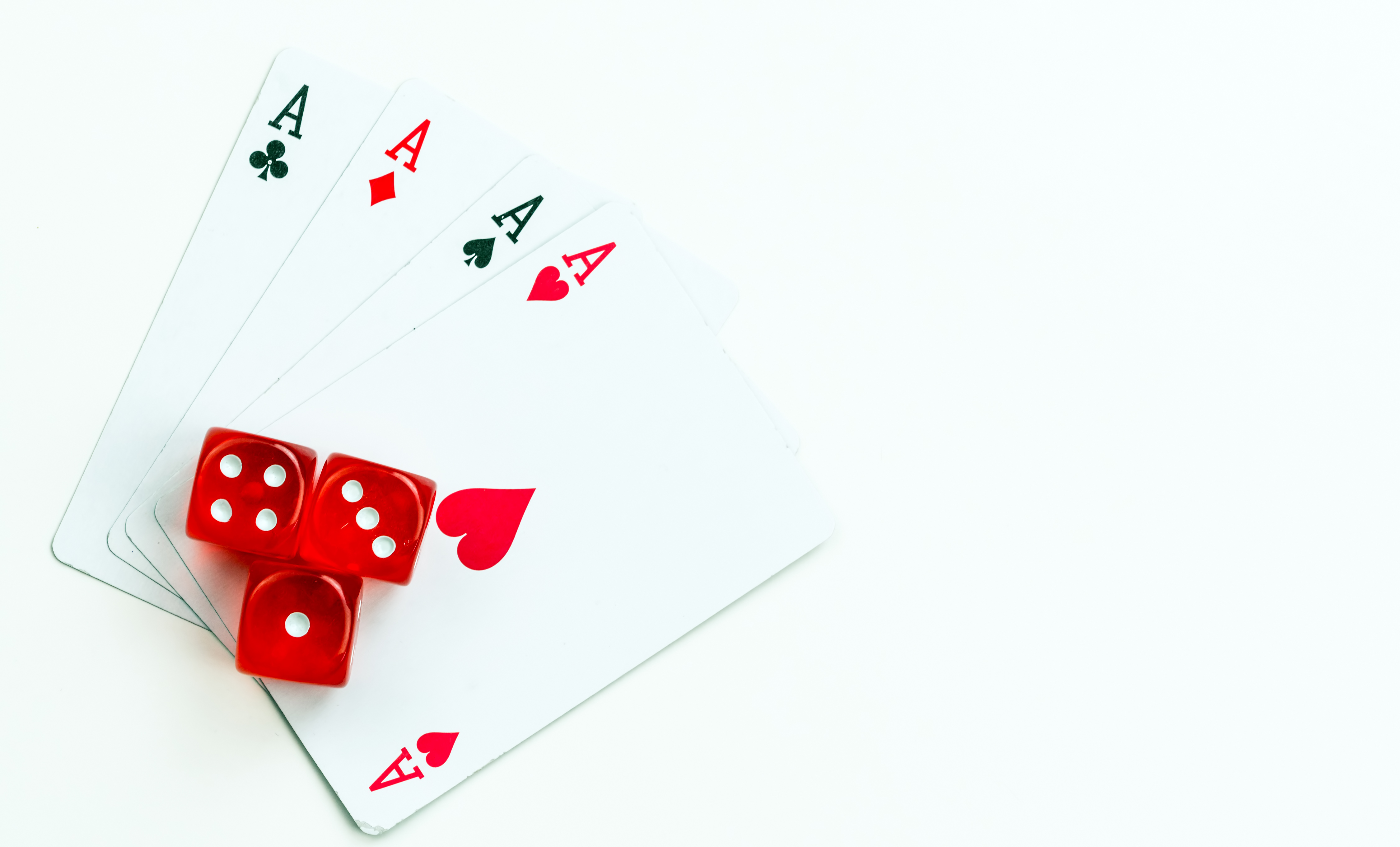
Gambling addiction, also known as compulsive gambling, affects countless individuals and families. What may start as a fun activity or a harmless bet can quickly spiral into an overwhelming and uncontrollable habit. This addiction doesn’t just harm the individual involved—it often causes significant stress and damage to their loved ones.
Recognizing Gambling Addiction
Identifying a gambling addiction is crucial, as it often hides in plain sight. Many people with this addiction may seem perfectly fine on the surface, but underneath, they are struggling. Key signs of a gambling problem include:
Preoccupation with gambling, often thinking about it constantly.
Dishonesty with family and friends about the extent of their gambling.
Repeatedly trying to win back lost money, leading to further losses.
Ignoring obligations at home, work, or school due to gambling.
Resorting to borrowing money or selling belongings to fund gambling activities.
If you notice these signs in yourself or someone close to you, it’s essential to seek help as soon as possible.
The Impact on Families
Gambling addiction impacts more than just the person struggling with it. Families often bear the brunt of the financial and emotional fallout. The addiction can lead to financial instability, broken trust, and significant emotional distress. Children may feel neglected or anxious; spouses or partners often experience betrayal and helplessness.
Finding Support and Resources
While gambling addiction can feel overwhelming, there are many resources available to help individuals and their families recover:
Counseling and Therapy: Professional therapy provides a safe space to understand the reason one turns to a gambling addiction. Cognitive Behavioral Therapy (CBT) is particularly effective in helping individuals alter their thoughts and behaviors.
Support Groups: Organizations like Gamblers Anonymous offer peer assistance and a community where individuals can connect with others who identify with their struggles. These groups provide a sense of community and shared experience that can be incredibly comforting.
Hotlines: Confidential help is just a phone call away. The National Problem Gambling Helpline (1-800-522-4700) is available 24/7 to provide immediate support and connect individuals with local resources.
Financial Counseling: Financial strain is a common consequence of gambling addiction. Working with a financial counselor can help create a plan to move forward by regaining control of their finances.
Online Resources: Numerous websites offer information and tools to help individuals assess their situation and find local support. Utilizing resources such as these can prove extremely helpful in taking the first step of the recovery process.
Taking Action
The first step is acknowledging that there’s a problem. Whether you’re facing this challenge yourself or supporting a loved one, reaching out for help is crucial. Recovery is a process, but with the right resources and support, you can rebuild a healthier, more stable life.
Conclusion
Gambling addiction is a complex and often painful struggle, but it’s important to remember that recovery is achievable. By asking for help and seeking out the resources available to you, both families and individuals can overcome this challenge and find a path to healing and renewal. If you or someone you love is dealing with gambling addiction, don’t wait—take the first step toward recovery today.
